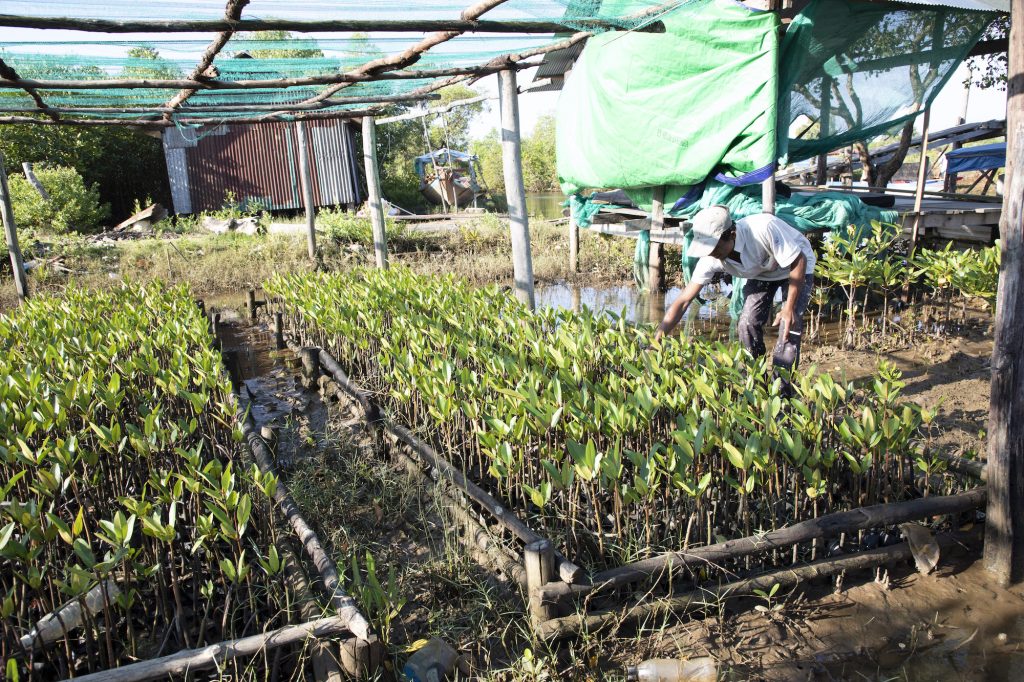The agricultural sector, particularly in low-income countries, is facing multiple challenges including climate change, soaring food, fuel and fertilizer prices, biodiversity loss, and lack of adequate investment in agricultural development. With world hunger levels on the rise, an urgent move away from industrial agriculture and intensive farming practices is essential to avert catastrophic climate change and the growing food crisis.
Agroecology is a way of farming and managing crops, livestock, forests, and fisheries that is viable, long-lasting, resilient to climate change, and offers various other environmental, social, and cultural benefits such as addressing food and water scarcity, and poverty. Agroecological approaches are the most effective means of adaptation to climate change.
The summary of the findings are drawn from the national researches carried out in Nepal and Cambodia and led by ActionAid Nepal and ActionAid Cambodia respectively, as well as consultation workshops with smallholder farmers in both countries.
Authors: Alberta Guerra
Contributors: Lois Appleby, Teresa Anderson, Meredith Slater, and Brandon Wu.
Design: Jenna Farineau
Date published: March 2023
Number of pages: 4

